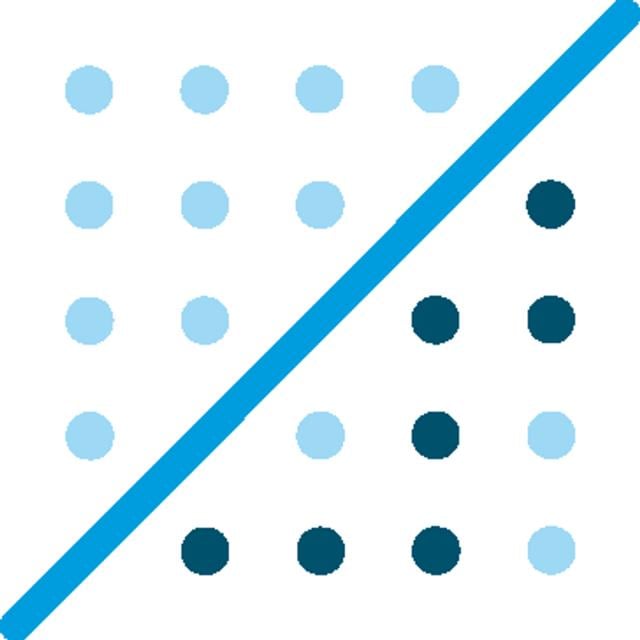MOOC List is learner-supported. When you buy through links on our site, we may earn an affiliate commission.

MOOC List is learner-supported. When you buy through links on our site, we may earn an affiliate commission.
Examples of necessary conditions are a student’s GMAT score for admission to a PhD program; a student will not be admitted to a PhD program when his GMAT score is too low. Intelligence for creativity, as creativity will not exist without intelligence, and management commitment for organizational change, as organizational change will not occur without management commitment.
NCA can be used with existing or new data sets and can give novel insights for theory and practice. You can apply NCA as a stand-alone approach, or as part of a multi-method approach complementing multiple linear regression (MLR), structural equation modelling (SEM) or Qualitative Comparative Analysis (QCA).
This course explains the basic elements of NCA and uses illustrative examples on how to perform NCA with R software. Topics include (i) Setting up an NCA study (ii) Run NCA and (iii) Present the results of NCA.
We hope you enjoy the course!
Syllabus
WEEK 1
Week 1 - Introduction to Necessary Condition Analysis
Professor Jan Dul, founder of NCA, welcomes you and starts off with a quick introduction of necessity logic and Necessary Condition Analysis (NCA). The first week will explain necessity logic, why it is important and how it is different from other sorts of logic such as Boolean and additive logic. Furthermore, the basics of NCA and its benefits are explained. We invite you to go through the videos and readings to improve your understanding of necessity logic and NCA.
WEEK 2
Week 2 - Setting up an NCA study
In week 2 you will be guided through the process of setting up an NCA study. First, you will deep dive into the formulation of necessary condition hypotheses that can be analyzed with NCA. Next, general research practices of sampling and measurement will be discussed. After this week you will be able to start conducting research with NCA.
WEEK 3
Week 3 - Data analysis with NCA
In this module, you will examine how an NCA is ran in R, a programming language for statistical computing and graphics. Key elements will be explained such as the identification of the empty spaces in scatter plots. Once you can run an NCA in R, it is important to be able to interpret the results of the analysis, such as the effect size and the p-value. This week will also provide you an opportunity to practice with NCA.
WEEK 4
Week 4 - Reporting the results of NCA
After finishing the first three weeks of this MOOC, you are now able to conduct an NCA. Crucial to every research method is getting across the message of your research. This module will therefore explain how you can convincingly report the results of your NCA study and reflect on the strengths and the weaknesses of the method.
WEEK 5
Week 5 - Advanced Topics of NCA
In this final week of the NCA MOOC, you will be challenged with the more advanced topics. The short videos will cover topics like analyzing other corners in the scatter plot, analyzing outliers approach, how to conduct NCA in small N cases study or qualitative research and how is NCA different from QCA. After finishing this week you will have a more enhanced understanding of the analysis and moreover, will be able to start on your own NCA research!
MOOC List is learner-supported. When you buy through links on our site, we may earn an affiliate commission.
MOOC List is learner-supported. When you buy through links on our site, we may earn an affiliate commission.
